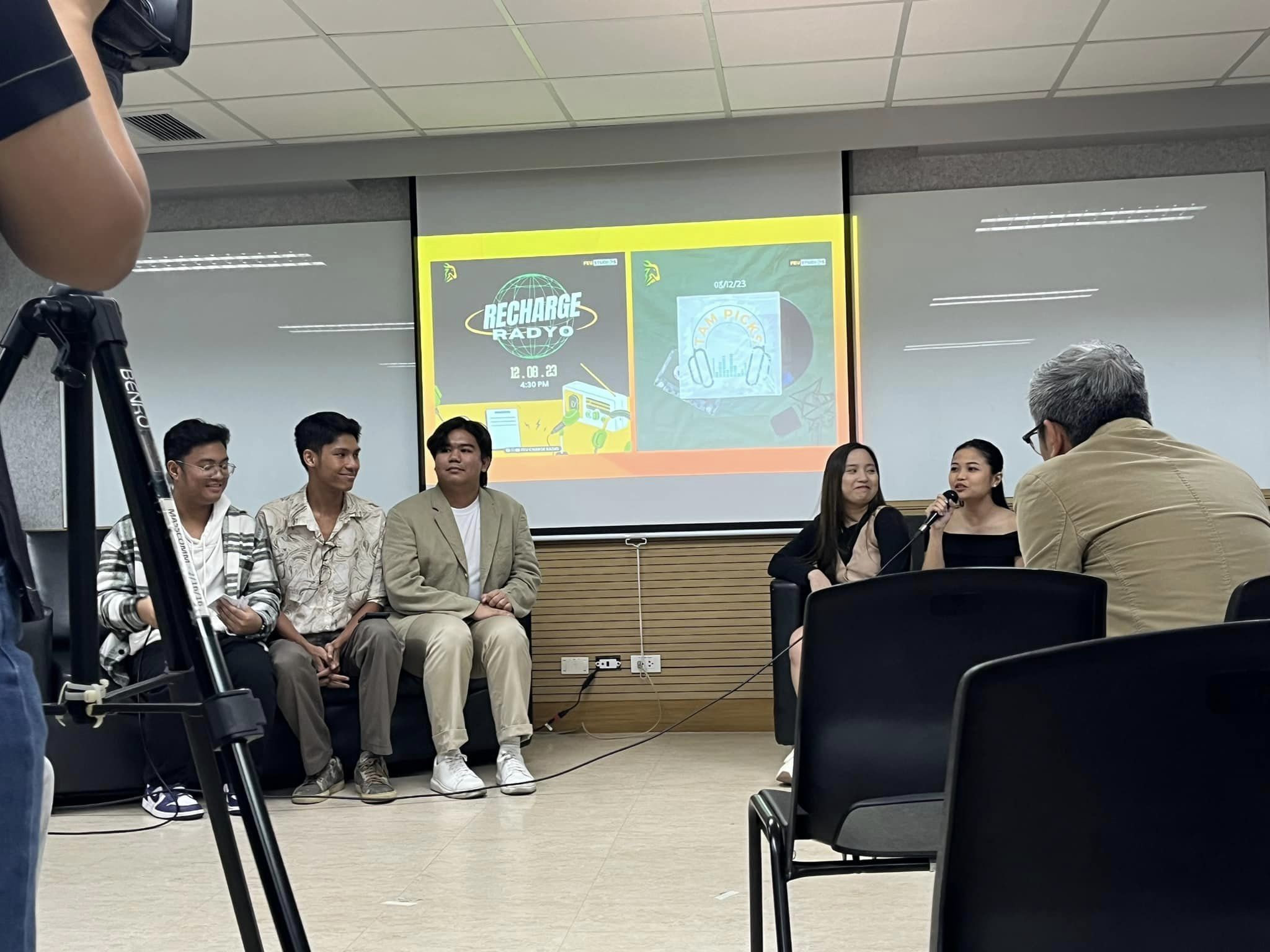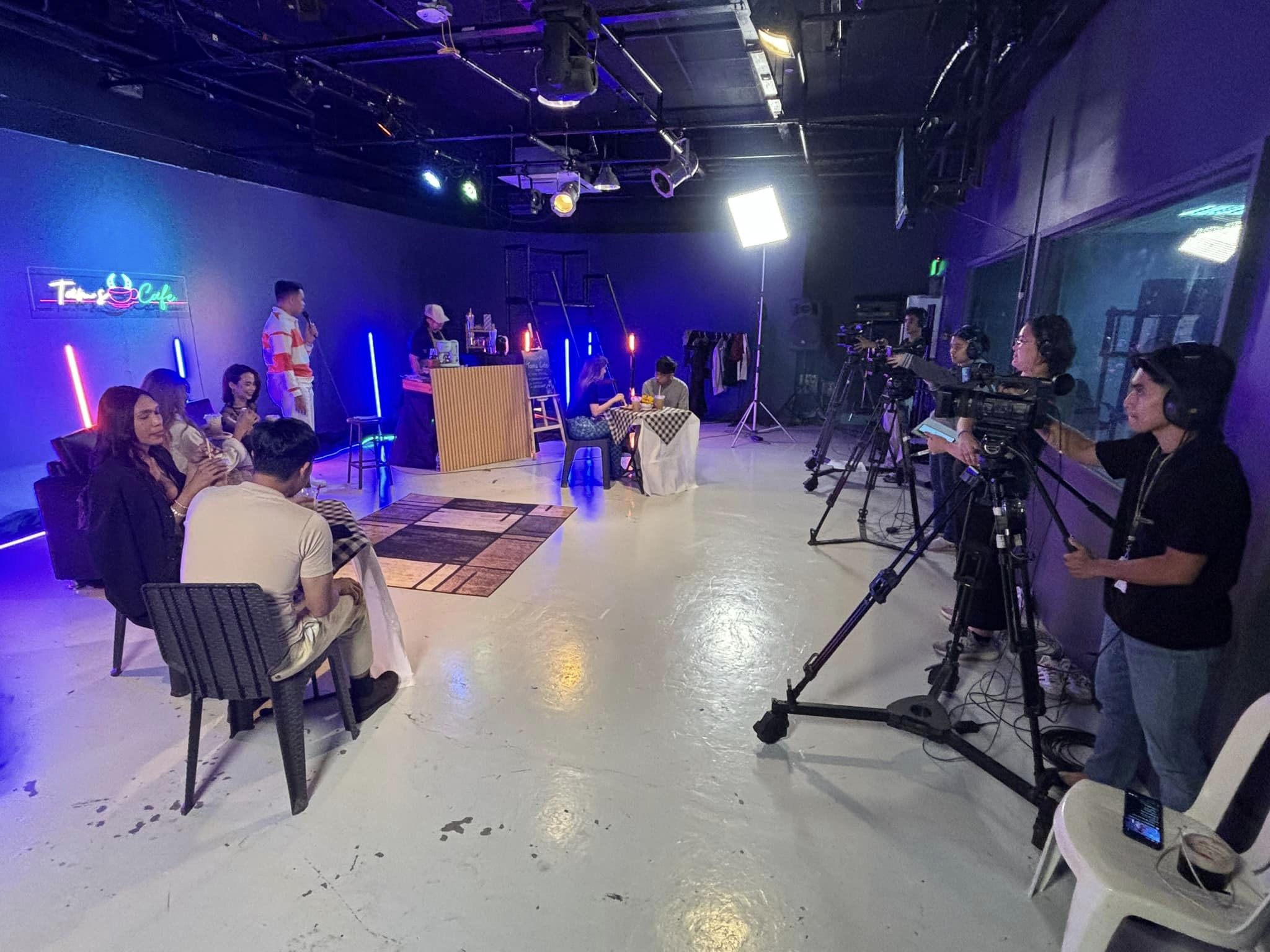

Specializations
Digital Film and Media Production
Digital Film and Media Production merges theory and practice in developing the creative and technical skills of students in the craft of digital filmmaking and various audio-visual productions. The program provides comprehensive training of students on the essential aspects of film and media productions under the guidance of industry practitioners and academics. It aims to produce graduates that respond to the rising demands for digital media content creators in the expansive and evolving new media landscape.
Multimedia Journalism
Multimedia Journalism integrates a forward-thinking multimedia mindset in the professional practice of journalism in today’s media convergent environment. This specialization equips students with practical, professional, and ethical journalism skills through hands-on instruction, project-based and problem-based learning, and conceptual coursework that exhibit students’ adeptness in research and writing, critical and analytical thinking skills, as well as creative and collaborative skills to become responsible journalists and media producers in the rapidly changing media landscapes of global, technological, and information-based societies.
Strategic Communications
Strategic Communications combines advertising, public relations, integrated marketing communications and other communication disciplines. The integration of media platforms and proliferation of new media technologies have necessitated a more complex process that requires strategically focused approaches in communication. In this specialization, students will be given practical, hands-on experiences as in the real-world setting as possible by creating and implementing communication campaigns for targeted audiences, while recognizing the diversity of such audiences.
The Bachelor of Arts in Communication (BA Comm) is a four-year undergraduate program intended to prepare aspiring media practitioners and communication professionals into becoming principled, competitive leaders in their future careers. The BA Comm program is designed to hone the students’ skills to become effective communicators, critical thinkers, and community-oriented lifelong learners.
The program emphasizes the interdisciplinarity of communication as a field of study and equips students with competencies to be dynamic and convergent, socially and morally responsible, critical and empowered towards a media and communication environment that celebrates diversity, inclusiveness, and innovation. BA Communication offers three specializations: Digital Film and Media Production, Multimedia Journalism and Strategic Communications.

BA Communication graduates possess Level VI (Baccalaureate) qualifications under the Philippine Qualifications Framework (code number 60321) and the ASEAN Qualifications Framework. The program also currently enjoys Level IV accreditation status since December 2015 from the Philippine Association of Colleges and Universities Commission on Accreditation (PACUCOA).
The BA Comm program accepts all interested applicants from any senior high school track provided that they pass the FEU College Admission Test.
Department’s Vision and Mission
Aimed at being recognized as a leading communication school, the Department of Communication seeks to produce graduates to become catalysts of social and moral transformation and contributors to national development.
It seeks to produce successful communicators and communication managers who adhere to the highest ethical standards of the media establishment and who possess intellectual acumen as purveyors of information in the Fourth Estate and creativity as practitioners in the field of broadcasting, print, theater arts, cinema, advertising, and new media.
BA Communication (Convergent Media Track) curriculum effective SY 2021-2022
BA in Communication (Digital Cinema Track) curriculum effective SY 2021-2022
